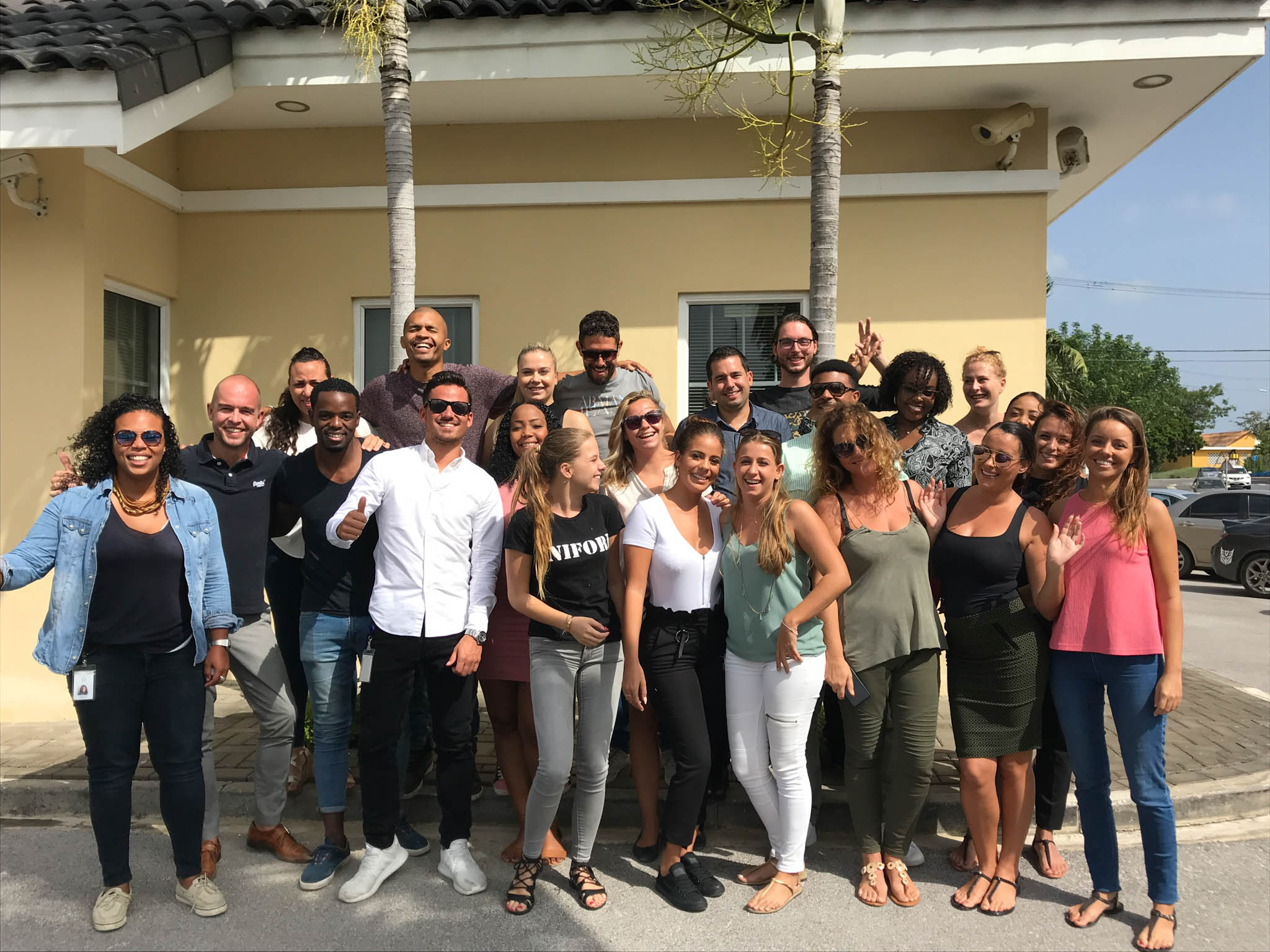

I arrived in Willemstad ready to apply European business logic: tight agendas, fast meetings, direct communication, quick decisions.
It didn’t work. Meetings started late. Conversations drifted toward family, weekend plans, and local events before any business topic surfaced. My carefully planned back-to-back schedule collapsed within days.
At first, I saw inefficiency.
In reality, they were building something I hadn’t learned to value yet.
In Curaçao, business isn’t transactional. You don’t close deals with people you barely know. You build partnerships by understanding context, family ties, and community connections.
This wasn’t wasted time. It was long-term strategy.
The moment it clicked was when a local distributor invited me to his daughter’s graduation party. What I initially saw as a social obligation was, in fact, an invitation into trust.
That relationship became one of the strongest commercial partnerships we built.
The Curaçao experience forced a shift I still rely on today.
Before Curaçao, I focused on delivering services efficiently. After Curaçao, I focused on building relationships that enable better work.
Before, I separated personal and professional interaction. After, I understood that human connection strengthens professional collaboration.
Before, I measured success by project completion and revenue. After, I measured it by relationship depth and long-term value.
Working across language and cultural barriers taught me things no business course ever did.
Clarity matters more than cleverness. Complex ideas only work if they’re understood.
Context matters more than content. Knowing someone’s background changes how messages land.
Patience saves time. Rushed communication creates misunderstandings that cost far more later.
Visual thinking bridges gaps. Showing beats explaining when words fall short.
These lessons now shape how I lead strategy sessions, brief creatives, and advise clients.
What I learned in Curaçao became a quiet competitive advantage in European markets.
Clients stay longer when they feel understood as people, not just accounts. Projects improve when trust allows honest feedback. Decisions move faster when relationships remove friction.
Ironically, the relationship-first approach I learned in a slower business culture produced faster, better outcomes over time.
What started as a career assignment became a foundation for how I work today. Curaçao taught me that strong business outcomes don’t come from sharper contracts or faster meetings. They come from trust, cultural awareness, and genuine human connection.
That lesson now underpins every strategic creative partnership I build.
Stay great,
Joost

